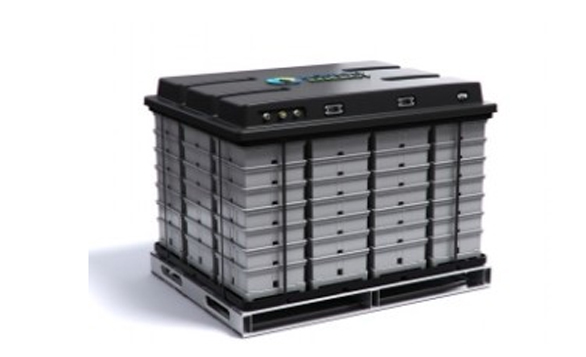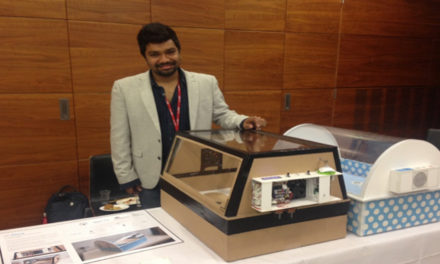Recently, the world-renowned tycoon Bill Gates tweeted a post about “edible saltwater batteries”, saying that sounds “crazy” but at the same time, “the kind of innovation that we need”.
In fact, the renewable energy that are being used nowadays has their risks and weaknesses respectively. “Saltwater power” was originated from the theory of “Osmotic power” by R. E. Pattle, who was a British engineer. It produces electric power by mixing fresh and salt water in the hydroelectric pile. This technology has been proving successes in both power generation and storage. The edible saltwater batteries mentioned by Bill Gates were the research done by Jay Whitacre and a group of engineers at his start-up, Aquion Energy. “Edible saltwater batteries” are eco-friendly power cells to store the excess clean power. They can be built with low costs and have a long life-span. Unlike the traditional batteries, they are non-flammable, non-toxic and even safe enough to eat.
Currently, there are many panels and turbines set up in different places but sunshine and wind are natural resources which cannot be controlled, it is difficult to ensure that these renewable power can supply the right amount of energy we need at the right time. Thus, it is of utmost importance that feasible and effective methods to store the excess energy generated from the panels and turbines are available so that users ranging from small households to big firms can also take green energy into practice.
Bill Gates has put his efforts in environmental projects and with his pre-eminent vision, we may look forward to the future contribution these edible batteries can make to our environment.










